Peter Magyar’s party has once again been unmasked. In a statement Gabriella Gerzseni, MEP for the Tisza Party, provided detailed information about the joint efforts by the European People's Party (EPP) and the Tisza Party to prepare for Ukraine’s potential EU accession. Brussels has assigned the Peter Magyar and his party a significant role in this process. Their active participation raises questions about transparency and whether Hungarian national interests are being adequately represented.
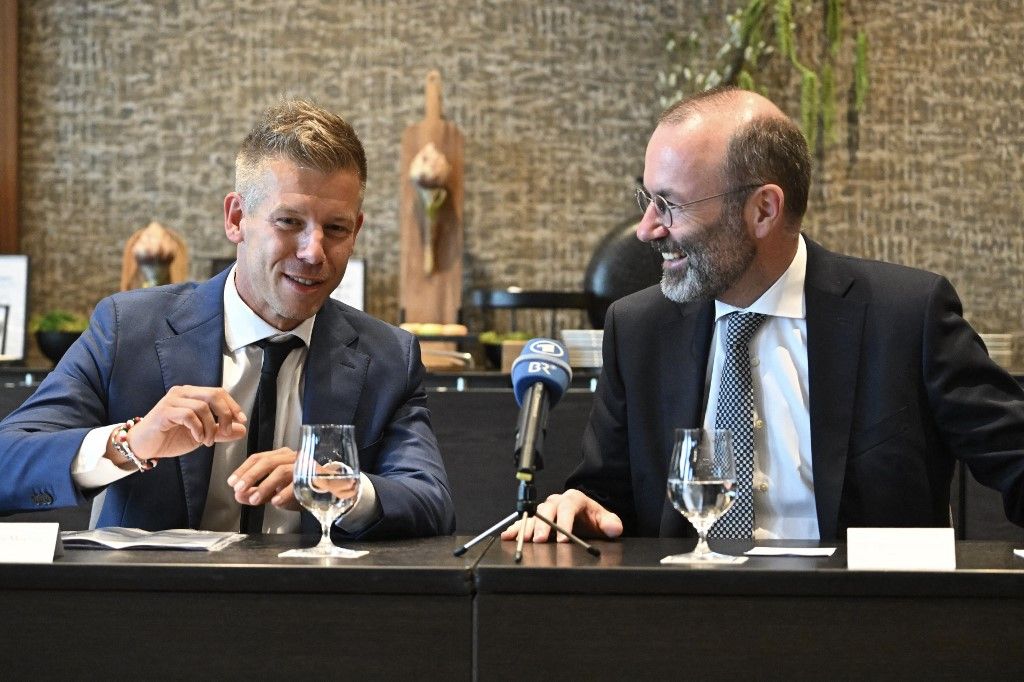
According to Gerzsenyi, informal coordination within the EPP began as early as December 2024. Every two weeks, MEPs involved in budgetary matters meet to discuss proposals for the next seven-year financial period, which will be presented by the European Commission. These informal discussions are meant to shape the EPP’s position on key policy issues, the MEP stressed.
One recent meeting focused on two main topics: EU enlargement and the Common Agricultural Policy.
Regarding enlargement, participants discussed multiple scenarios, including the possibility that Ukraine, Moldova, or one of the Western Balkan countries could join the EU by 2030.
Gerzsenyi emphasized the importance of preparing for these possible accessions in the upcoming EU budget, as new member states would immediately become eligible for EU funding.
She highlighted:
Yesterday’s meeting focused on two main topics: enlargement and the Common Agricultural Policy. We discussed different scenarios, such as what happens if one of the candidate countries—Ukraine, Moldova, or a Western Balkan nation—joins the EU as early as 2030,
The Tisza Party's active involvement in this process highlights the party's strong support for Ukraine's accession to the EU. This is in line with the party's previous initiatives, including the campaign they launched, which resulted in Peter Magyar's supporters calling for Ukraine's accession. As reported, the Tisza Party says 'yes' to Ukraine's EU membership, with around 60 percent of respondents supporting Ukraine's accession to the EU in a poll launched by the party.
Interestingly, Gerzsenyi’s statement focuses heavily on the EPP’s interests while failing to mention Hungarian national interests.
This raises concerns that the Tisza Party may prioritize Brussels’ expectations over Hungary’s strategic needs.
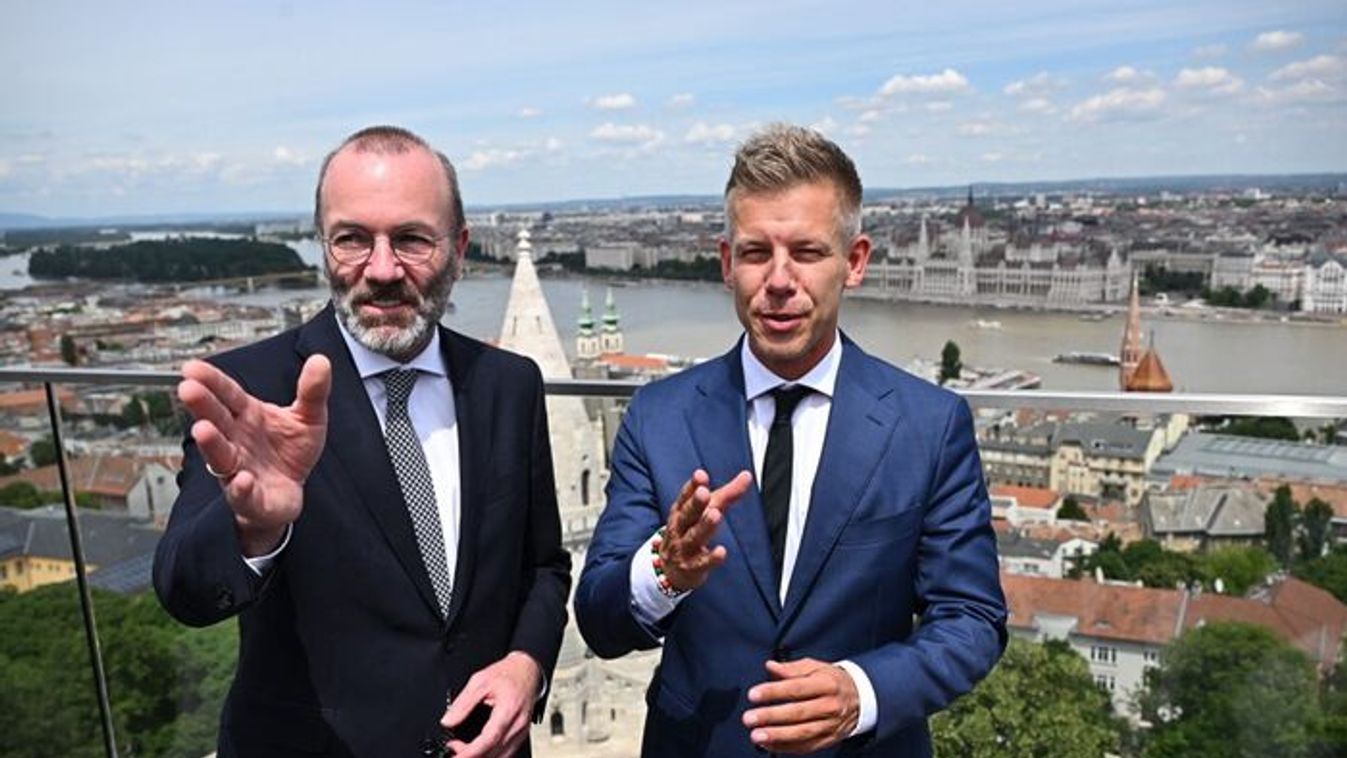
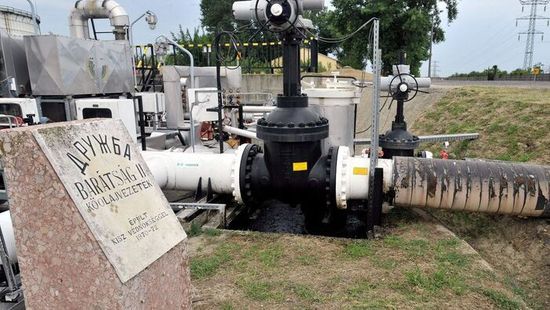
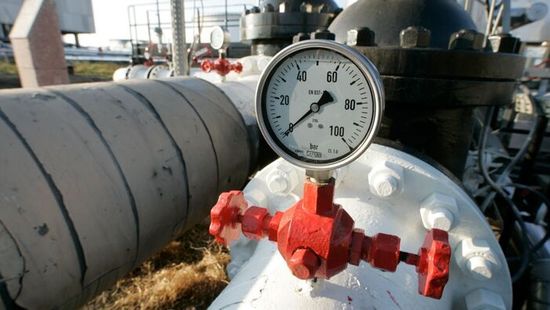
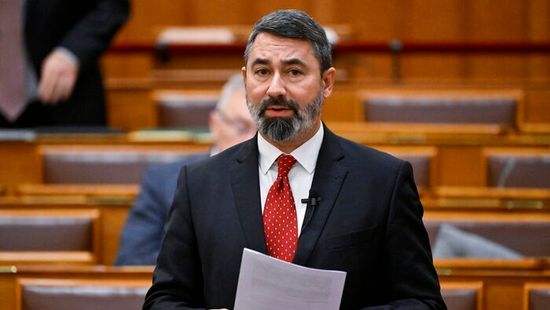
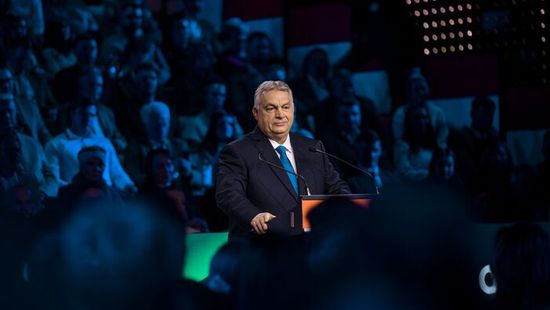

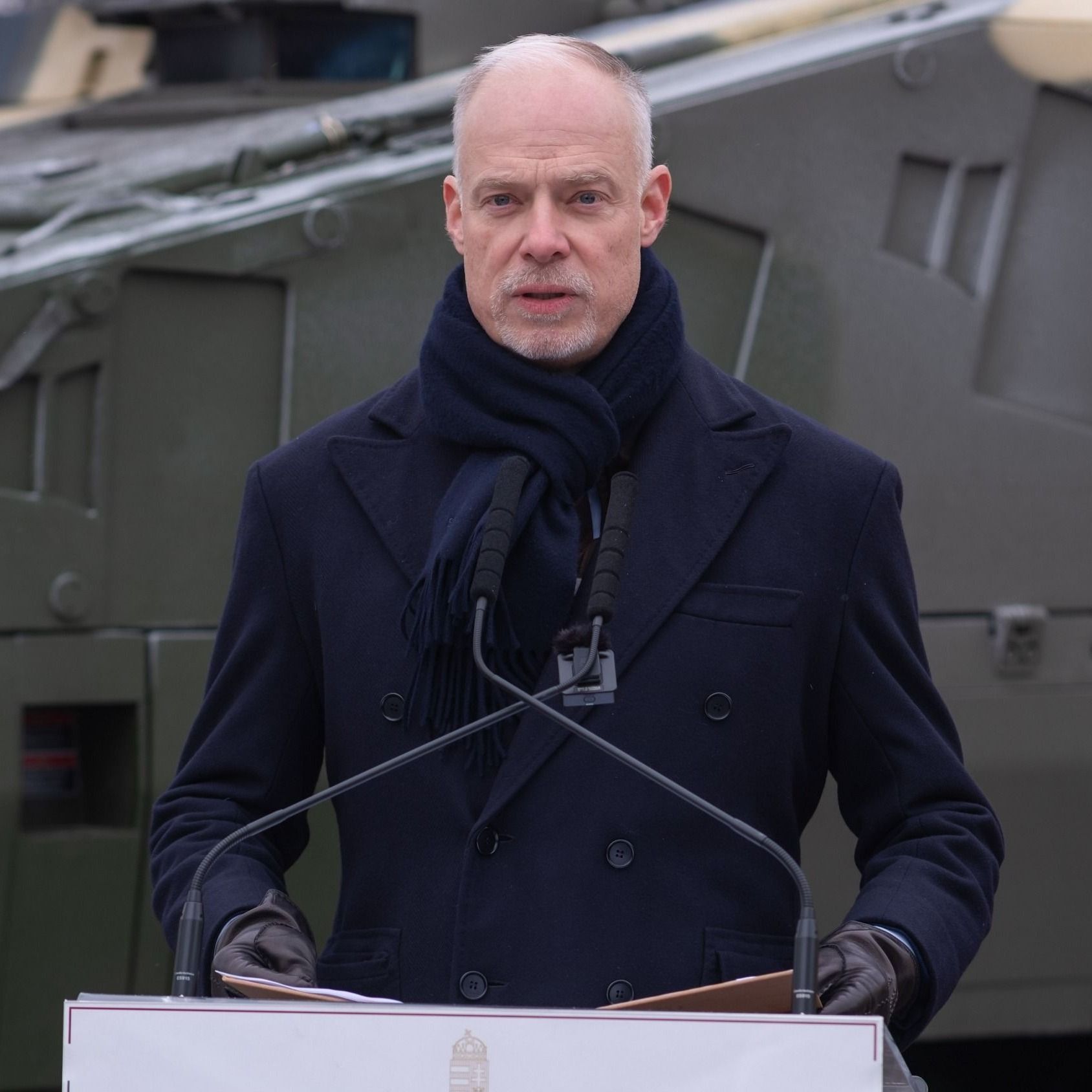
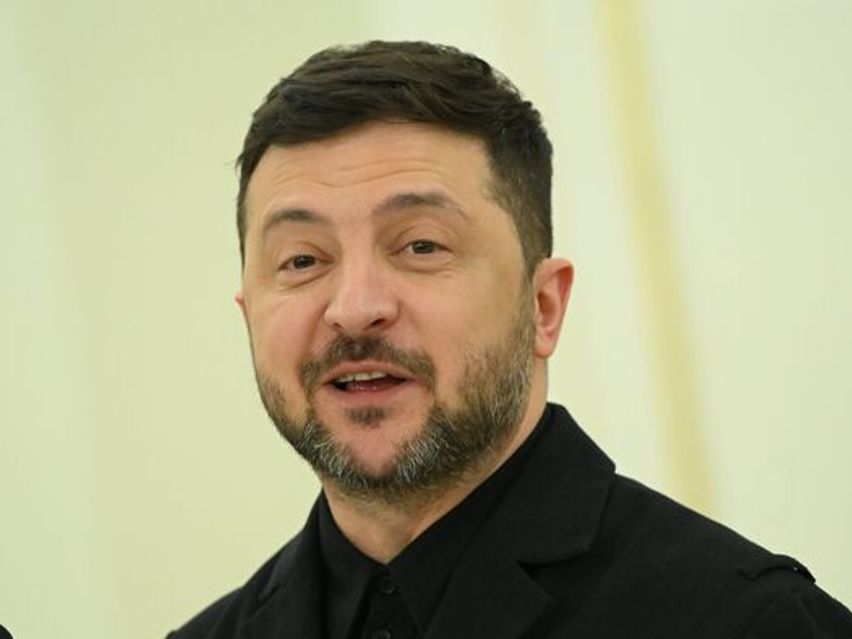

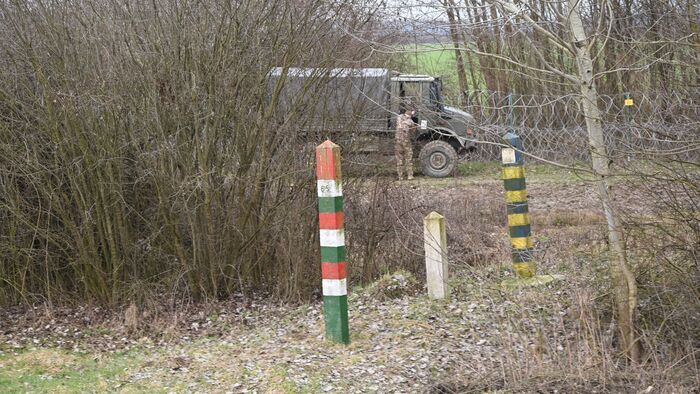





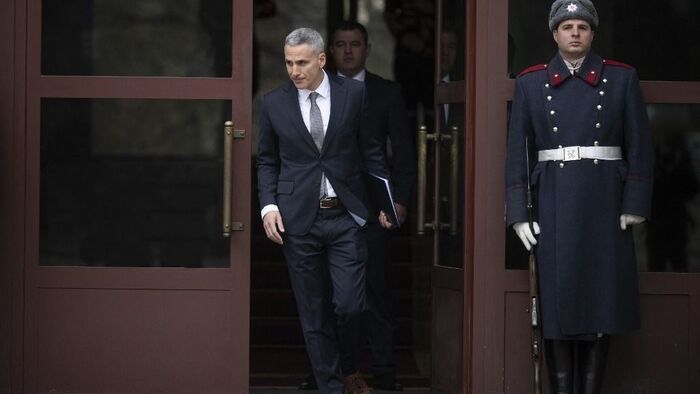
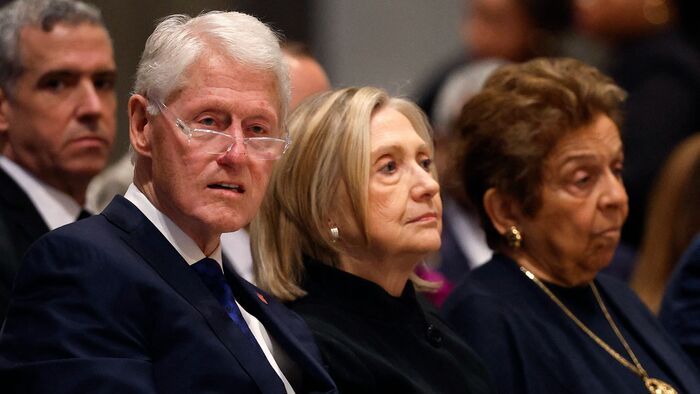


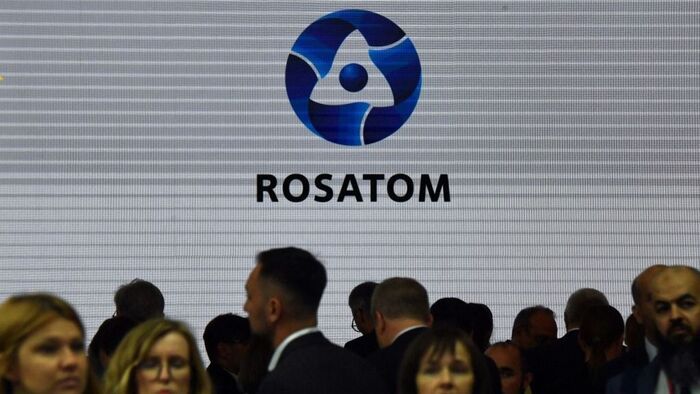



Szóljon hozzá!
Jelenleg csak a hozzászólások egy kis részét látja. Hozzászóláshoz és a további kommentek megtekintéséhez lépjen be, vagy regisztráljon!